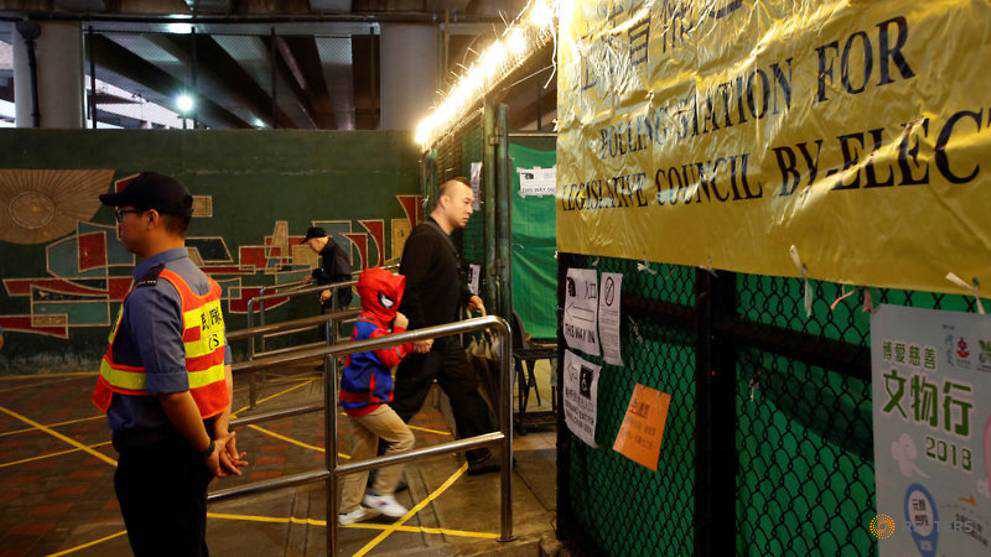WTO needs to be reformed, not destroyed, says Indian trade minister
26 November, 2018

Indian Commerce and Industry Minister Suresh Prabhu argues that the international trade body, the World Trade Organization, is in need of reform but definitely should not be dismantled.
“The absence of the WTO will be a disaster for the entire world trade,” the veteran Indian politician said in an interview on Channel NewsAsia’s Conversation With.
The commerce minister’s remarks fly in the face of recent comments by the Trump administration. In August, United States President Donald Trump threatened to pull out of the 164-member trade organization if the WTO did not “shape up”.
Meanwhile, the US is embroiled in a trade war with China, with America imposing tariffs covering US$250 billion of Chinese goods sold to the US, while China has hit back by putting counter-tariffs on US$100 billion worth of American goods imported into China.
But the US has also lashed out other big economies such as India, with President Trump calling the South Asian country “Tariff King” – and complaining to the WTO about perceived unfair subsidies by India to its agricultural exports like cotton. India is the world’s second largest cotton exporter.
Mr Prabhu made his name during his time as India’s Railway Minister, helping to start the reform of India’s massively over-crowded and accident-plagued rail system. The soft-spoken 65-year-old was moved though in 2017 to India’s Commerce Ministry to handle another growing problem – trade.
However, Mr Prabhu downplayed the trade tensions between the US and India.
“I don't think having trade-related issues is something of any serious magnitude,” he said. “It's inevitably bound to happen because if you have a trade relationship, you're bound to have some issues coming out of the relationship.”
At the same time, President Modi’s administration in New Delhi has been facing domestic criticism about plans to join what is seen as a China-backed trade bloc: The Regional Comprehensive Economic Partnership (RCEP).
RCEP would cover 16 countries – including the Association of Southeast Asian Nations, India and China - accounting for a whopping 40 per cent of global trade. If the deal were to be signed, RCEP would become the world’s largest free trade bloc.
Country representatives pose at the 6th Regional Comprehensive Economic Partnership Ministerial Meeting. (Photo: Ministry of Trade and Industry)
However, critics worry that India – which is already running trade deficits with many of the RCEP countries – would be in poor position, having to open up its large market to even more outside goods and making its already significant trade deficit even worse.
“We will never have an agreement that is not in India's national interest ... But if I only say only India should benefit and others should lose, then all other countries will come up with the same argument, (and) there will be not be any agreement,” the Commerce Minister said.
With China mired in a trade war and weakening domestic demand, India has taken over as one of the fastest-growing of the big economies in the world. The International Monetary Fund predicts that the South Asian nation will grow at 7.4 per cent in 2018 and 7.8 per cent in 2019. This is a good clip ahead of the IMF’s outlook for the world economy, which looks set to grow at 3.9 per cent next year.
“Actually India is growing, the fastest growing large economy in the world. So what you're saying is absolutely right, we could even have grown at 10 percent if the global challenges that exist today were not there,” the Commerce Minister concluded.
